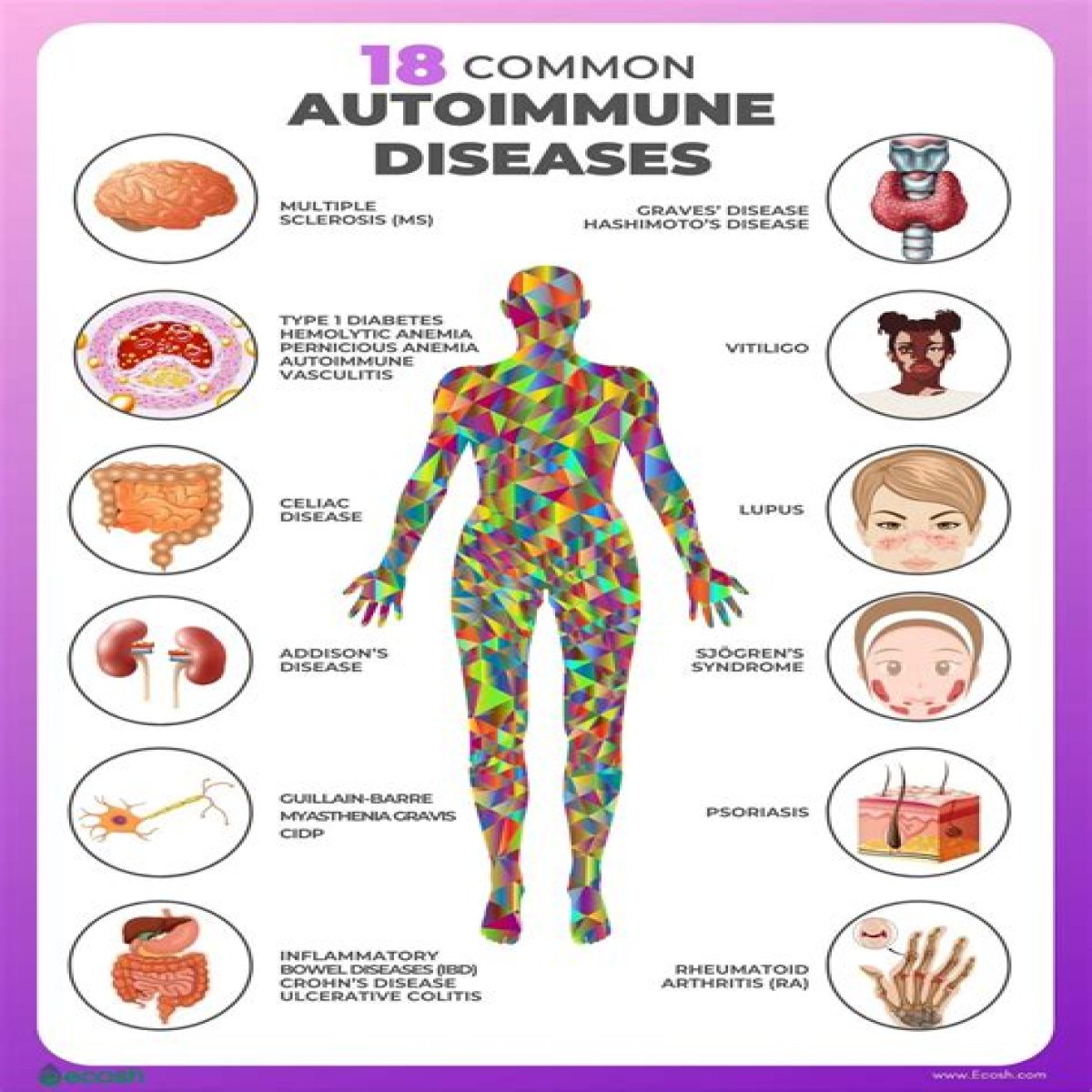What is "radamm"? It refers to Reactive Attachment Disorder with Disinhibited Social Engagement Disorder.
Reactive Attachment Disorder with Disinhibited Social Engagement Disorder (RADM) is a condition in which a child has difficulty forming close relationships with caregivers. Children with RADM may show little to no fear of strangers and may approach them indiscriminately. They may also be clingy and demanding with familiar adults, but they may not seek comfort from them when they are distressed.
RADM is thought to be caused by a combination of genetic and environmental factors. Children who have experienced early trauma or neglect are more likely to develop RADM.
RADM can have a significant impact on a child's development. Children with RADM may have difficulty forming healthy relationships, regulating their emotions, and learning. They may also be at increased risk for developing other mental health problems, such as anxiety and depression.
There is no cure for RADM, but treatment can help to improve a child's symptoms. Treatment typically involves a combination of therapy, medication, and parenting support.
Key Aspects of RADM
The key aspects of RADM include:
- Difficulty forming close relationships with caregivers
- Little to no fear of strangers
- Clingy and demanding behavior with familiar adults
- Difficulty regulating emotions
- Increased risk for developing other mental health problems
Causes of RADM
The causes of RADM are not fully understood, but it is thought to be caused by a combination of genetic and environmental factors. Children who have experienced early trauma or neglect are more likely to develop RADM.
Treatment for RADM
There is no cure for RADM, but treatment can help to improve a child's symptoms. Treatment typically involves a combination of therapy, medication, and parenting support.
Therapy for RADM typically focuses on helping the child to form secure attachments with caregivers. This may involve teaching the child how to trust others, how to regulate their emotions, and how to communicate their needs.
Medication may also be used to treat RADM. Medications can help to reduce symptoms of anxiety and depression, which can make it easier for the child to participate in therapy.
Parenting support is an important part of treatment for RADM. Parents can learn how to provide a safe and nurturing environment for their child, how to set limits, and how to respond to their child's challenging behaviors.
Frequently Asked Questions about RADM
This section provides brief answers to some of the most frequently asked questions about Reactive Attachment Disorder with Disinhibited Social Engagement Disorder (RADM).
Question 1: What is the difference between RAD and RADM?
Reactive Attachment Disorder (RAD) is a condition in which a child has difficulty forming close relationships with caregivers. RADM is a subtype of RAD in which children also show little to no fear of strangers and may approach them indiscriminately.
Question 2: What causes RADM?
The causes of RADM are not fully understood, but it is thought to be caused by a combination of genetic and environmental factors. Children who have experienced early trauma or neglect are more likely to develop RADM.
Question 3: How is RADM treated?
There is no cure for RADM, but treatment can help to improve a child's symptoms. Treatment typically involves a combination of therapy, medication, and parenting support.
Question 4: What is the prognosis for children with RADM?
The prognosis for children with RADM varies. With early intervention and treatment, many children with RADM can learn to form healthy relationships and live fulfilling lives. However, some children with RADM may continue to experience challenges throughout their lives.
Summary: RADM is a serious condition that can have a significant impact on a child's development. However, with early intervention and treatment, many children with RADM can learn to form healthy relationships and live fulfilling lives.
Conclusion
Reactive Attachment Disorder with Disinhibited Social Engagement Disorder (RADM) is a serious condition that can have a significant impact on a child's development. However, with early intervention and treatment, many children with RADM can learn to form healthy relationships and live fulfilling lives.
It is important to raise awareness of RADM so that children who are struggling can get the help they need. If you are concerned that a child you know may have RADM, please reach out to a mental health professional for an evaluation.
Latest News On Dante Kidd Obituary | Breaking UpdatesThe Ultimate Guide To Aisha Tyler's Spouse: Discover Who They Are TodayValeria Marin Tudn: Inspiring Educator And Cultural Ambassador
